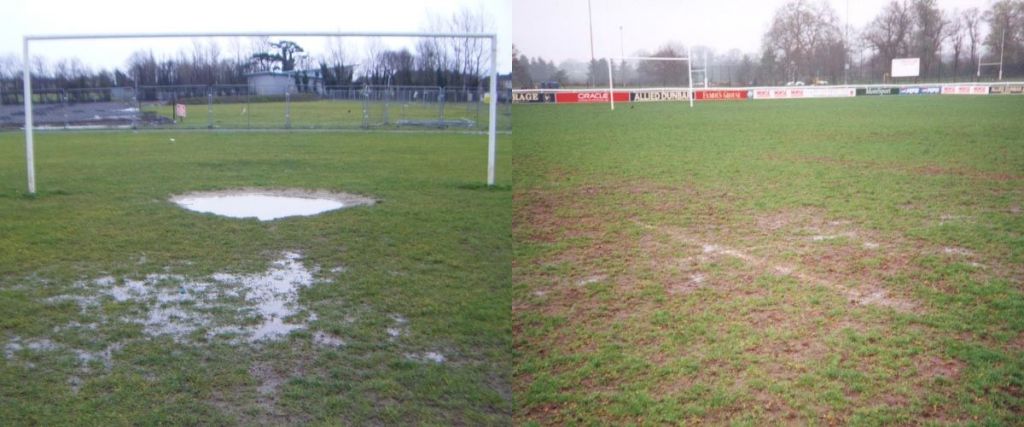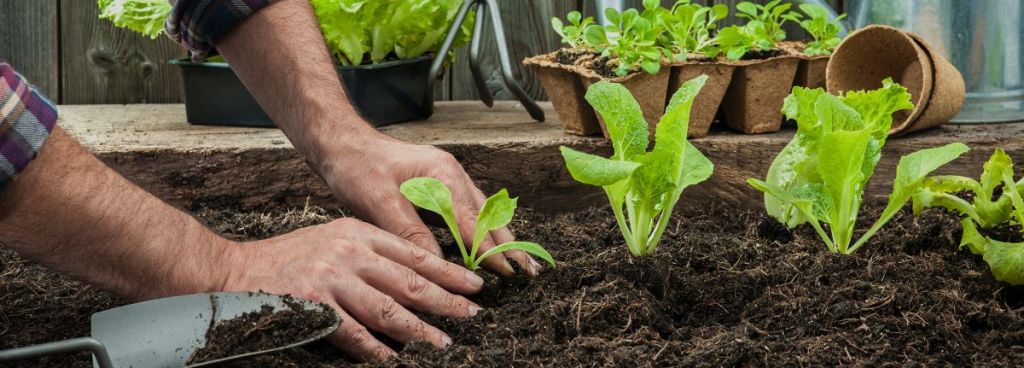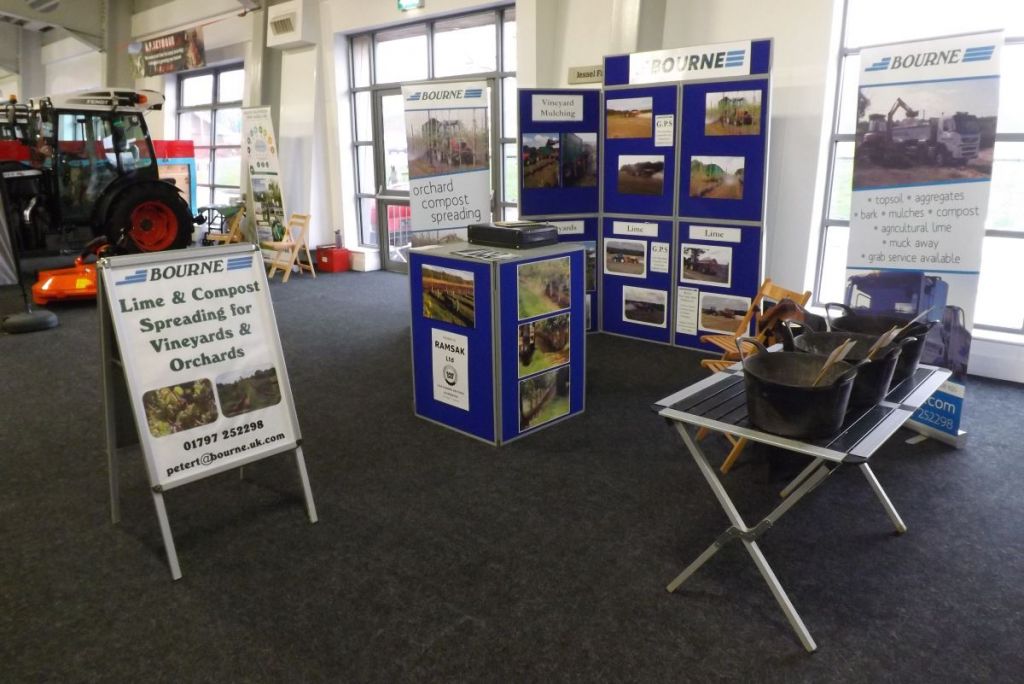The new Gardenscape website is live and, though it still has some teething issues, it's looking good!
We would love some feedback though. Please take the website for a test-drive and let us know what you think. Have you got some more questions we could add to the FAQ section? What do you think of the photography? Are the products easy to find?
And most importantly - does it make you want to go out there and start planting...?
Here is part of our fleet of compact tractors for maintenance and general utility work, patiently waiting at the depot for the weather to improve and the football season to end! It's time to be thinking about pitch renewals and improvements - but the Beast from the East is still making life difficult for groundsmen round the south-east.
The tractors are New Holland Boomer 54D's - 2.2 litre 3-cylinder turbo-diesel engines with continuously variable transmission. They have a Particulate Matter Catalyst system, making them highly environmentally friendly without the need for AdBlue or similar additives. It's all green round here - now if only the snow would go away...

The never ending stream of statistics showing increasing childhood and millennial obesity, and the rise of female sports participation will ensure a growing demand for pitch improvements at all levels.
Many local football and rugby clubs are devising more and more ingenious ways of funding pitch improvements, ranging from commercial sponsorship to landfill tax credits and governmental grants. The success of our recent open day held at Sevenoaks Town FC showed that there is growing interest on the part of regional football and rugby clubs in improving the playability of their pitches.
While the introduction of hybrid pitches at about 60% of the cost of a full 3G pitch is welcome, the cost of some £300k still represents a huge investment for a small club. In the rush for an artificial pitch of some form it is often forgotten that significant improvements can be made to a natural grass pitch to increase its availability at a more reachable price. This is particularly true of the clay based soils on which most local pitches are found.
The installation of piped drainage, enhanced by secondary drainage and a large dose of imported sand can, at a quarter of the price of an artificial pitch of any kind, provide the increased playability sought by small clubs. As an average, while undrained clay soils can sustain only 2/3 hours play a week, a fully drained pitch can stand up to 12 hours play. There is also the added benefit of reducing the number of cancelled fixtures, leading to better attendance figures and bar, refreshment and merchandise sales.
Central to this improvement, however, is the ongoing need to devote resources to maintaining the passage of water through the surface to the drainage system. There is no point installing a full drainage system unless regular efforts are made to ensure water gets off the surface and into the drains. Not doing so results in a waterlogged pitch and cancelled games. The same considerations, incidentally, also apply to the maintenance of artificial pitches – not looking after them can halve the expected lifetime of a carpet costing perhaps £150k.
All natural turf pitch construction specifications will include a requirement to spread at least 100 tonnes of sand on the pitch for the first 3 years after construction. This figure must be built into the capital cost of the project, even though the charge will be incurred over 3 years. This may not be easy for the supplier of the funds, but it has to be provided for by the club in some way. If not carried out, the surface will consolidate and the benefit of the improvements will be lost in a short period of time.
Similarly, regular pitch renovation work at the end of each season, including verti draining, sand spreading and overseeding will ensure that the drainage infrastructure put in at considerable cost will continue to provide the benefits. The extent of works required of course depends on the degree of damage to the surface, which in turn will be dependent on weather conditions through the season.
Clubs looking to invest in an enhanced drainage scheme as a way to accommodate more players must plan not only for ensuring that the three year post construction period is funded, but also that there is a sufficient ongoing income stream to cover annual pitch renovation work.
Yes, it's here - the new Gardenscape e-commerce website is now live. Just a few minor details to sort out but it's looking good so far.
Many thanks to Rob and Lisa at Finally for all their work over the last couple of months, and for the support they will no doubt have to give us over the coming weeks while we work out how to cope with the new and very comprehensive admin system!




